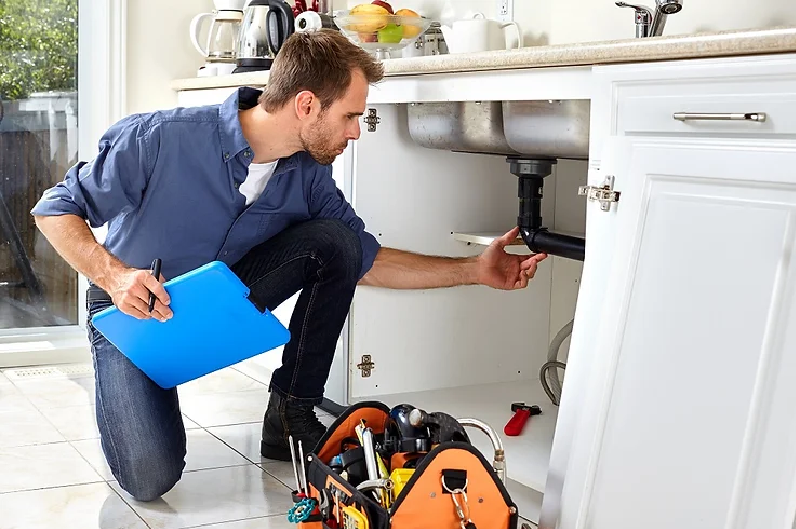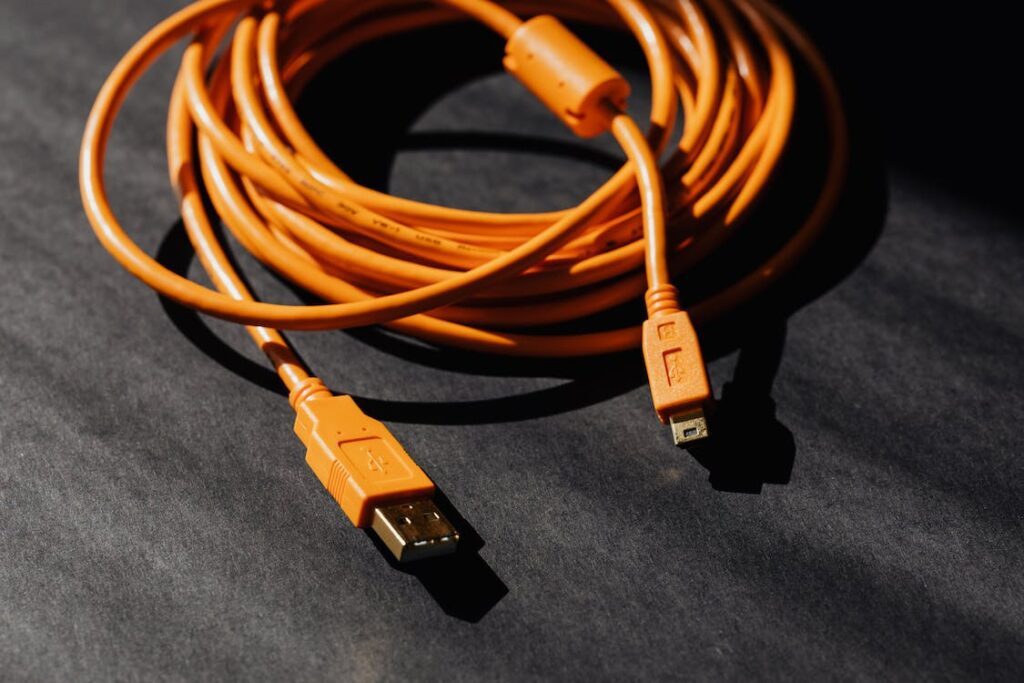Plumbing issues can be costly, but with a little knowledge and proactive maintenance, you can save money and avoid expensive repairs. Whether you’re dealing with a leaky faucet, a clogged drain, or high water bills, these 10 money-saving plumbing tips will help you keep your plumbing system in top shape without breaking the bank.
1. Fix Leaks Immediately
Even a small leak can waste hundreds of gallons of water and significantly increase your water bill. Check for leaks in faucets, showerheads, and pipes, and repair them as soon as possible. A dripping faucet may seem minor, but over time, it can cost you a lot of money.
2. Install Water-Efficient Fixtures
Upgrade to water-efficient fixtures like low-flow showerheads, faucets, and toilets. These fixtures use less water without sacrificing performance, helping you save on water bills and reduce your environmental impact.
3. Avoid Chemical Drain Cleaners
Chemical drain cleaners can damage your pipes and are often ineffective for tough clogs. Instead, use a plunger or a drain snake to clear blockages. For preventive maintenance, pour boiling water or a mixture of baking soda and vinegar down the drain regularly.
4. Insulate Your Pipes
Insulating your pipes, especially in colder climates, can prevent them from freezing and bursting during winter. Pipe insulation is an inexpensive solution that can save you from costly repairs and water damage.
5. Regularly Clean Your Drains
Prevent clogs by cleaning your drains regularly. Use a drain strainer to catch hair and debris, and flush your drains with hot water weekly to keep them clear. Avoid pouring grease, coffee grounds, or food scraps down the sink.
6. Know the Location of Your Main Water Shut-Off Valve
In case of a plumbing emergency, knowing where your main water shut-off valve is located can prevent extensive water damage. Familiarize yourself with its location and how to turn it off quickly.
7. Schedule Annual Plumbing Inspections
Hiring an affordable plumber for an annual inspection can help identify potential issues before they become major problems. Early detection of leaks, corrosion, or worn-out parts can save you money on repairs and extend the life of your plumbing system.
8. Don’t Overload Your Garbage Disposal
Your garbage disposal isn’t designed to handle large amounts of food waste. Avoid putting fibrous foods, grease, or hard items like bones down the disposal. Run cold water while using it to help flush waste through the pipes.
9. Monitor Your Water Bill
A sudden increase in your water bill could indicate a hidden leak. Regularly monitor your bill and investigate any unusual spikes. Early detection of leaks can save you money and prevent further damage.
10. Learn Basic Plumbing Repairs
Knowing how to handle minor plumbing repairs, such as fixing a leaky faucet or replacing a washer, can save you money on service calls. Invest in a basic plumbing toolkit and educate yourself on simple repairs.
When to Call a Professional Plumber
While these tips can help you save money, some plumbing issues require professional expertise. Call a licensed plumber if:
- You have a major leak or burst pipe.
- Your drains are consistently clogged despite your efforts.
- You notice a sudden drop in water pressure.
- Your water heater isn’t functioning properly.
- You’re planning a major plumbing upgrade or installation.
Conclusion
By following these 10 money-saving plumbing tips, you can maintain your plumbing system, reduce water waste, and avoid costly repairs. Regular maintenance, smart habits, and a little DIY knowledge go a long way in keeping your home’s plumbing in excellent condition. Remember, when in doubt, don’t hesitate to call a professional plumber to ensure the job is done right.



